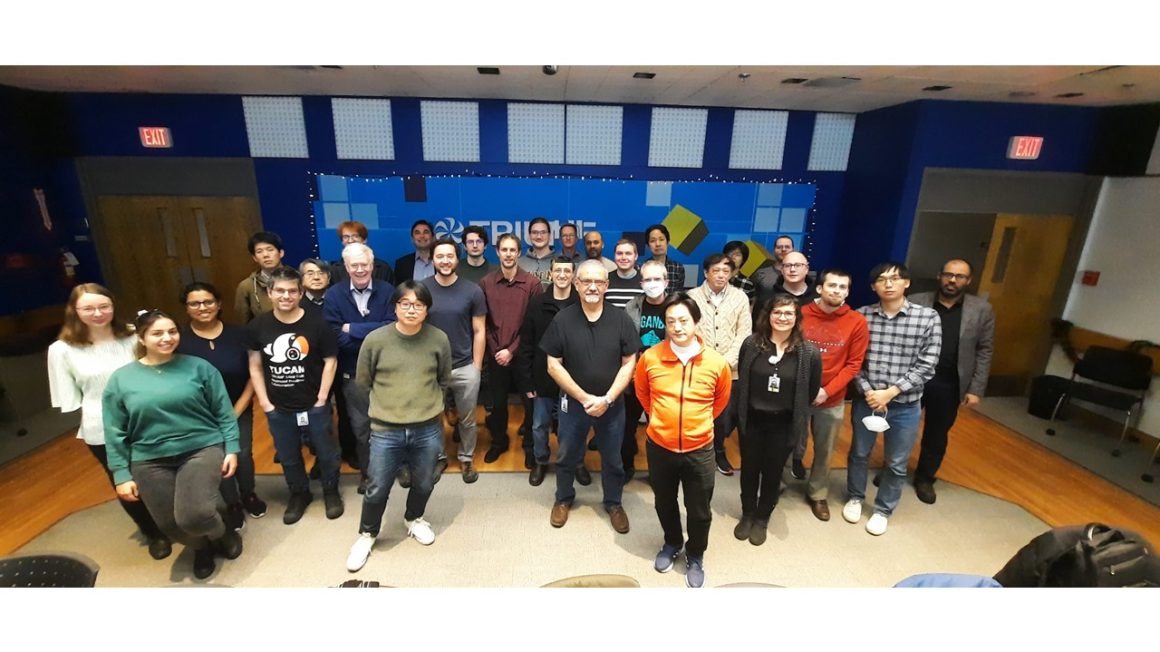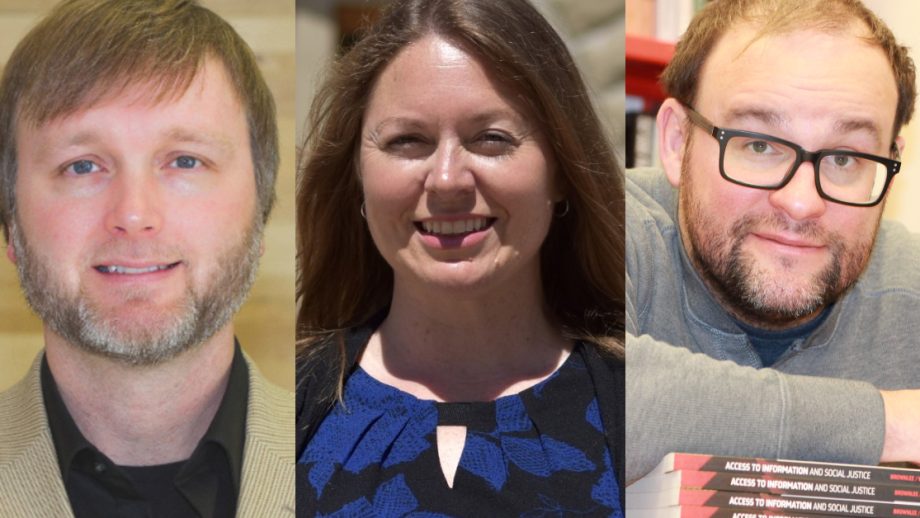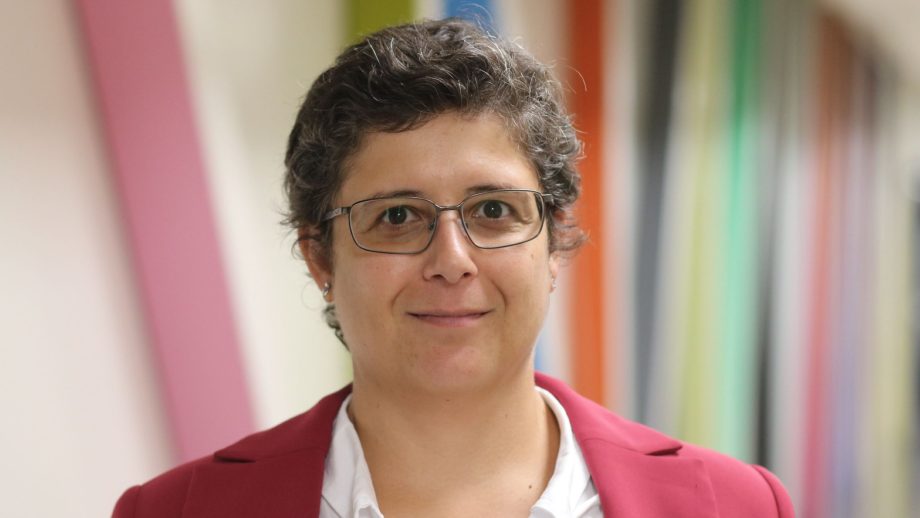University of Winnipeg Professor Dr. Jeff Martin is receiving a three-year, $2,100,000 Natural Sciences and Engineering Research Council of Canada (NSERC) Subatomic Physics Project Grant to support a joint project between physicists in Canada and Japan.
We hope it might help us understand why the universe is made of mostly particles, rather than everything made of antiparticles.
Dr. Jeff Martin
A Tier 1 Canada Research Chair in Fundamental Symmetries in Subatomic Physics, Dr. Martin is the Canadian leader of a major experiment searching for the neutron’s electric dipole moment (nEDM), which is being conducted at TRIUMF, Canada’s National Laboratory for Particle and Nuclear Physics.
“This funding will pay all of our students and postdoctoral fellows, as well as the travel across the Canadian collaboration,” Dr. Martin explained.
The Canadian collaboration aspect of this project includes five postdoctoral fellows and 11 professors from across the country, including UWinnipeg’s Dr. Russell Mammei and Dr. Blair Jamieson. There are also several partner universities: UBC, University of Northern BC, University of Manitoba, and the University of Saskatchewan.
World-class research
The ongoing experiment aims to measure the nEDM more precisely than ever before.
A new measurement of the nEDM will place even tighter constraints on theories involving new physics beyond the standard model, and which are required in order to explain the predominance of matter over antimatter in the universe today.
“We’re studying neutrons and what we want to know about them is if they violate a symmetry of nature or not,” said Dr. Martin. “We hope it might help us understand why the universe is made of mostly particles, rather than everything made of antiparticles. Currently, we don’t understand that matter-anti-matter imbalance.”
A key tool in this search is a new source of ultracold neutrons (UCNs). UCNs are slow-moving neutrons that can be stored in material, magnetic, and gravitational bottles. Once they have been trapped, their properties can be studied very carefully.
“In the past three years, we completed experiments using a prototype source of UCNs in Canada and we are now completing an upgrade with the help of collaborators from Japan,” Dr. Martin said. “Funds for the upgrades and for a new neutron EDM experiment have been secured from the Canada Foundation for Innovation and partners, including a substantial contribution from Japan. Once the upgrades are complete, the source is projected to provide the highest density of UCNs in the world. The source will be used to advance fundamental physics experiments to unprecedented levels of precision.”
With three years of funding secured, Dr. Martin says activities will involve the completion of the UCN source upgrade and the nEDM experiment construction. After the source has been installed, cryogenic testing will commence, followed by operation of the UCN source, which will prove world-class neutron production rates.
“The magnetically shielded room that will house the nEDM experiment will be constructed at TRIUMF from late 2023 until summer 2024. This will be followed by experiments to characterize and control magnetic fields in the room,” said Dr. Martin. “By 2025, we plan to transport UCN into the nEDM experimental region for first measurements of neutron spin precession. This will allow us to demonstrate our ability to measure the nEDM with a precision about an order of magnitude better than the current world’s best.”
NSERC funds visionaries, explorers, and innovators who are searching for the scientific and technical breakthroughs that will benefit Canada. The agency supports more than 33,000 post-secondary students and postdoctoral fellows each year through training with Canada’s most talented scientists and engineers. In total, 76 per cent of Canada’s world-class researchers in the natural sciences and engineering are backed by NSERC Discovery investments, with 8,800 Discovery Grants, scholarships, and fellowships awarded each year for research ranging from the nanoscale and the astronomical to the prehistoric and the futuristic.





